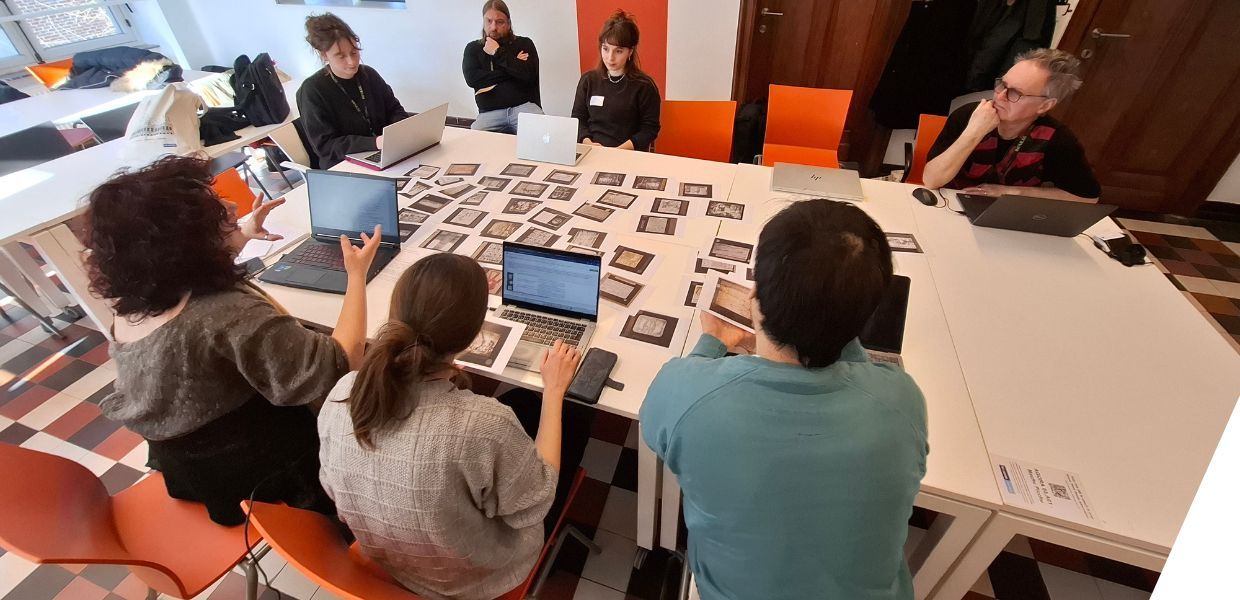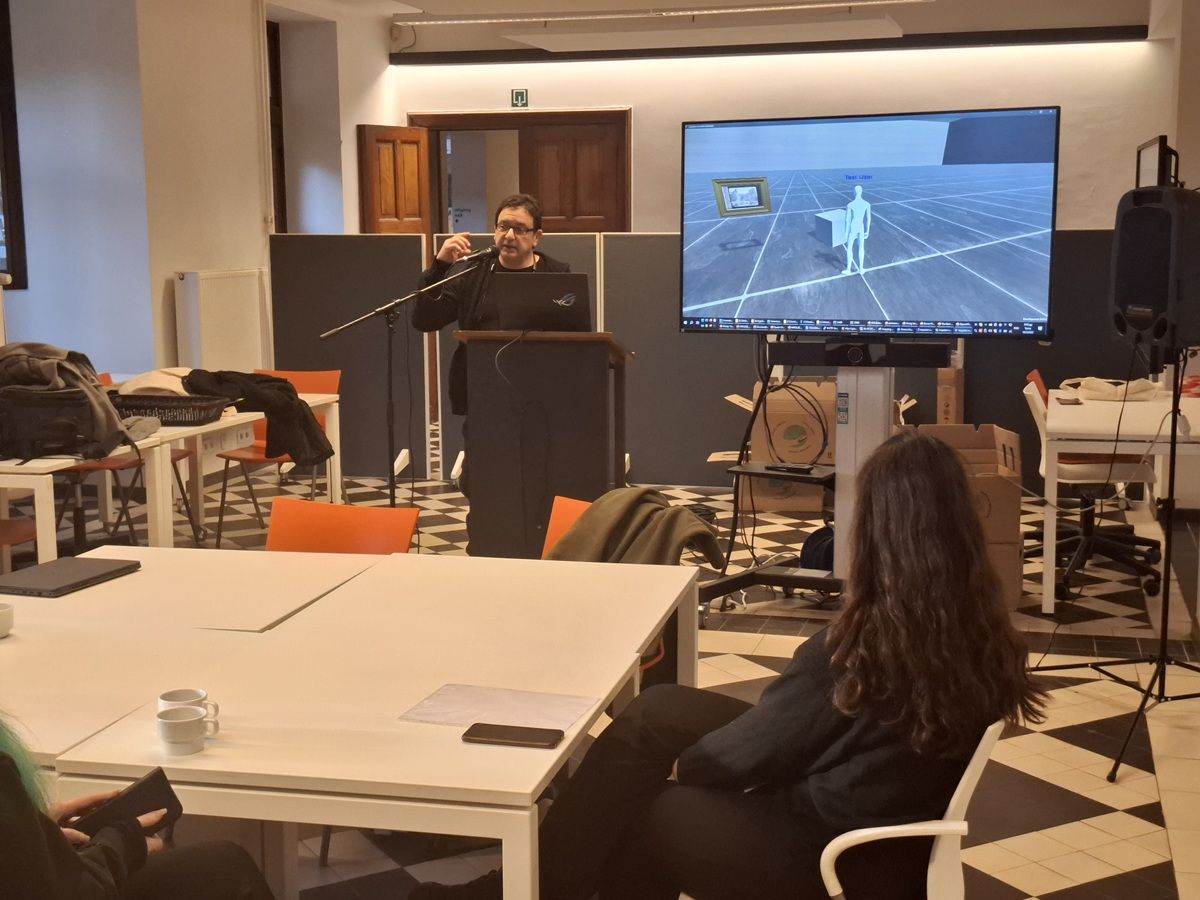The IMPULSE project (IMmersive digitization: uPcycling cULtural heritage towards new reviving StratEgies, funded by Horizon Europe) is dedicated to advancing digital cultural heritage by creating immersive, interactive experiences that engage diverse audiences. A key outcome of the project will be the development of a multi-user virtual reality (VR) platform designed to transform how cultural artifacts are experienced and understood. IMPULSE brings together a diverse consortium of European academic institutions, cultural heritage organisations and innovative industry partners, combining scholarly insights with museum expertise and technological innovation.
Interactive workshops
A central component of IMPULSE is a series of interactive workshops exploring the use of cultural heritage in virtual environments. Workshops play a crucial role in the project by fostering collaboration and experimentation with immersive technologies. They provide a space for researchers, educators, artists and cultural heritage professionals to explore new methodologies, test prototypes and refine digital storytelling strategies.
The first IMPULSE workshop took place on 18-19 February 2025 at KU Leuven, focusing on digital storytelling and the educational applications of VR platforms. The workshop welcomed participants from diverse backgrounds, including historians, students, designers and educators, all working together to envision innovative educational applications for digital cultural heritage.
During the guided ideation sessions, teams focused on the creative reuse of traditional 2D artifacts from KU Leuven Libraries – including the Vesalius Fabrica and a pre-curated set of glass slides. Instead of merely displaying these items, participants reimagined them as the basis for immersive digital narratives. They produced extensive illustrated storyboards and initiated the creation of interactive storytelling paths on the developing VR platform. This process not only brought historical contexts to life but also showcased innovative ways to breathe new meaning into analogue didactic materials. The approach underscored the transformative potential of reuse, inviting participants to consider how cultural artifacts can be reinvented to enhance engagement and promote a deeper understanding of the past.
Key themes and questions
Throughout the two-day workshop, teams engaged in storytelling sessions structured around specific themes and artifacts. They tackled fundamental questions such as how presenting 2D materials in an immersive VR space enhances their educational value, and the challenges arise when transitioning from 2D to 3D, and how can they be addressed creatively. Each team worked within a specific thematic framework, using selected 2D artifacts and Vesalius pages to construct immersive storytelling experiences. The themes included 'Ancient Places, Living Heritage,' 'Anatomy of Discovery,' 'Reimagining Ancient Storytelling,' and Echoes of Encounters.
In addition to conceptual discussions, participants engaged in hands-on testing of the VR platform, providing feedback on its usability and functionality. A UX design questionnaire helped gather insights to refine the platform’s design and ensure it meets the needs of educators and cultural practitioners.


